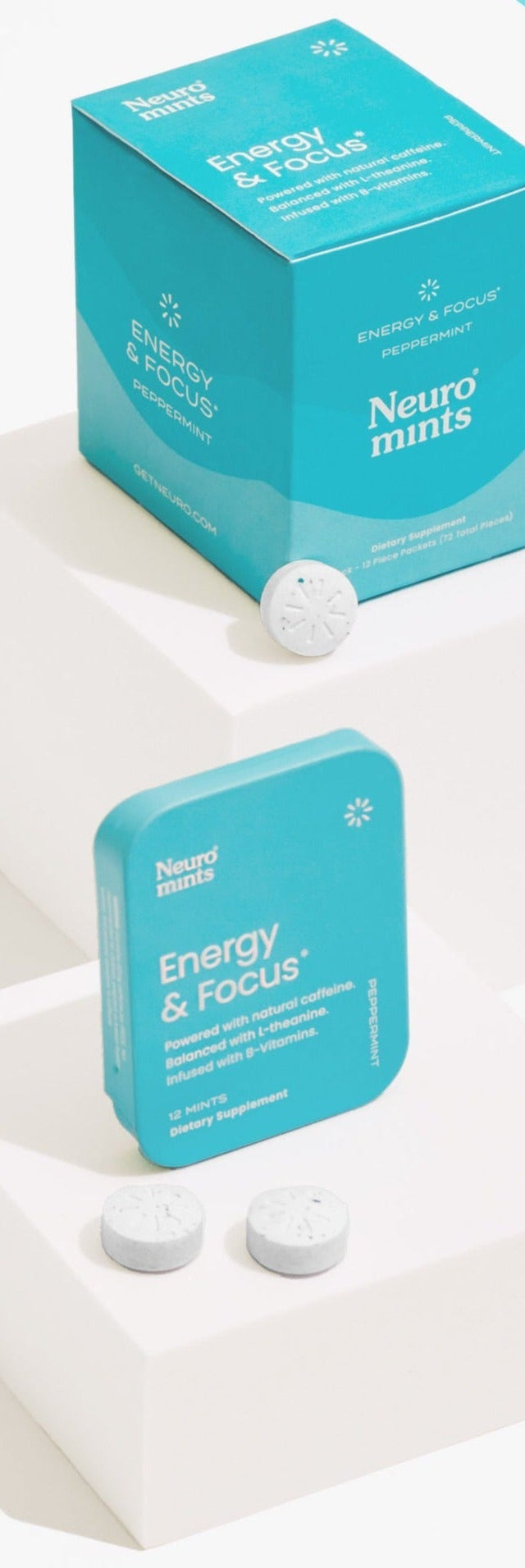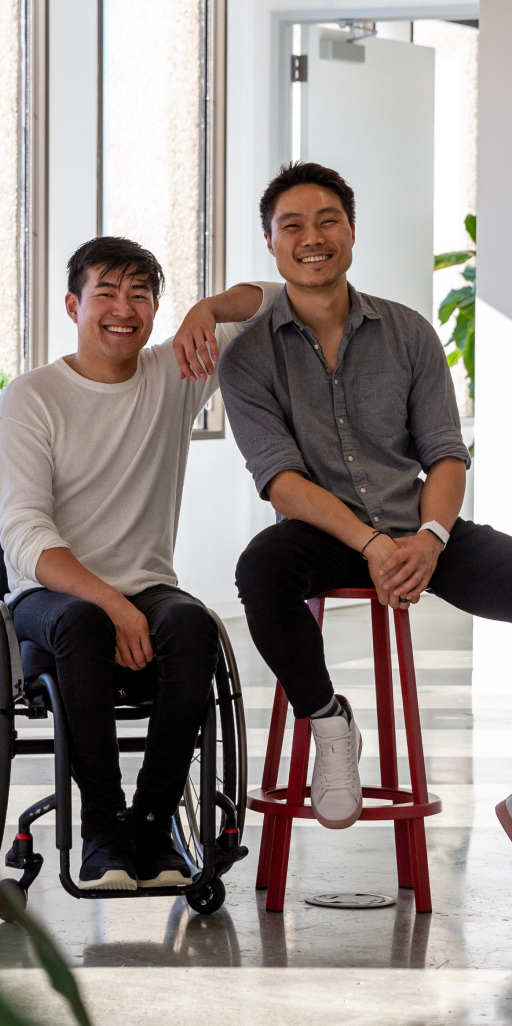Vaping has become increasingly popular over the past decade, with many people turning to e-cigarettes as a supposedly safer alternative to traditional smoking. But while vaping may offer some benefits, recent studies have shown that it could be linked to a surprising and concerning side effect: anxiety. The question is, why? What is it about vaping that could be triggering anxiety in some users? To find the answers, we need to turn to the fascinating world of neuroscience, where cutting-edge research is uncovering the hidden connections between our brains, our behavior, and our addiction to nicotine. In this article, we'll explore the latest findings on vaping and anxiety, and take a deep dive into the complex and often mysterious workings of the human brain. So if you're a vaper, a curious observer, or simply interested in the intersection of science and society, read on for a fascinating journey into the hidden link between vaping and anxiety.
Nicotine and the Brain's Reward System
To understand the link between vaping and anxiety, we first need to look at the role of nicotine in the brain. Nicotine is a highly addictive substance found in tobacco products, including e-cigarettes. When we inhale nicotine, it binds to nicotinic acetylcholine receptors (nAChRs) in the brain, triggering the release of neurotransmitters such as dopamine, which is associated with feelings of pleasure and reward.
This process is part of the brain's reward system, which is designed to reinforce behaviors that promote survival and well-being, such as eating, drinking, and reproduction. However, when this system is hijacked by addictive substances like nicotine, it can lead to compulsive and harmful behaviors.
One of the key ways that nicotine affects the brain is by increasing the activity of the amygdala, a small almond-shaped structure in the brain that is involved in the processing of emotions such as fear and anxiety. Studies have shown that nicotine can activate the amygdala and increase anxiety-related behaviors in animal models, suggesting that the same may be true in humans.
Anxiety and the brain
Anxiety is a common mental health condition that affects millions of people worldwide. Anxiety disorders are characterized by excessive worry or fear that interferes with daily activities. While the exact causes of anxiety are not fully understood, research has shown that anxiety is linked to changes in brain chemistry and function.
The brain has several regions that are involved in the regulation of anxiety, including the prefrontal cortex, the amygdala, and the hippocampus. The prefrontal cortex is involved in decision-making and impulse control, while the amygdala is involved in emotional processing and the hippocampus is involved in memory and learning.
Vaping and Anxiety: The Evidence
While the evidence linking vaping and anxiety is still emerging, several studies have suggested that there may be a connection. For example, a study published in the journal Nicotine & Tobacco Research in 2017 found that young adults who used e-cigarettes were more likely to experience symptoms of anxiety and depression than those who did not.
Another study, published in the journal Addiction in 2020, found that adults who used e-cigarettes were more likely to report symptoms of anxiety and depression than those who did not. The study also found that this association was strongest among those who vaped more frequently.These studies suggest that there may be a link between vaping and anxiety, but they do not prove causation. It is possible that people who are already prone to anxiety are more likely to start vaping, or that other factors such as stress or social isolation may be contributing to both vaping and anxiety.
Neuroscience and the Vaping-Anxiety Connection
So how does neuroscience help us understand the link between vaping and anxiety? One key area of research is the impact of nicotine on the brain's prefrontal cortex (PFC), a region involved in decision-making, impulse control, and emotional regulation.
Studies have shown that nicotine can impair PFC function, leading to poor decision-making and increased impulsivity. This may make it more difficult for people to quit vaping or to resist the urge to vape when experiencing anxiety or stress.
Another area of research is the impact of vaping on the brain's stress response system, which includes the hypothalamus-pituitary-adrenal (HPA) axis. The HPA axis is involved in the body's response to stress and has been shown to play a role in anxiety and other mood disorders. Nicotine has been shown to activate the HPA axis, leading to the release of stress hormones such as cortisol. This may explain why some people experience increased anxiety and stress when vaping.
Furthermore, the flavorings and other additives used in e-cigarettes may also play a role in the link between vaping and anxiety. Some studies have suggested that certain flavorings, such as cinnamon and menthol, may have negative effects on the brain, including increased anxiety and depression.
What can be done to address the link between vaping and anxiety?
Given the potential link between vaping and anxiety, it is important to take steps to address this issue. One approach is to focus on prevention, by educating young people about the potential risks of vaping and encouraging them to avoid these products.
Another approach is to provide resources and support for those who are struggling with anxiety or addiction related to vaping. For example, therapy and counseling can help individuals to develop coping strategies and manage their symptoms. Support groups and peer networks can also be helpful for those who are trying to quit vaping.
In addition, stricter regulation of e-cigarettes and their marketing could help to reduce their appeal to young people. This could include measures such as raising the legal age for purchasing e-cigarettes, limiting the availability of flavored e-cigarette products, and restricting marketing and advertising targeted towards young people
Conclusion
While the link between vaping and anxiety is still being explored, the evidence suggests that there may be a connection. Nicotine, the addictive substance in e-cigarettes, affects the brain's reward system and can activate the amygdala, leading to increased anxiety-related behaviors. Studies have also found an association between vaping and symptoms of anxiety and depression, although more research is needed to establish causation.
Neuroscience is helping to shed light on the complex and multifaceted link between vaping and anxiety. Researchers are exploring the impact of nicotine on the brain's prefrontal cortex and stress response system, as well as the potential role of flavorings and other additives in e-cigarettes.
If you are a vaper experiencing symptoms of anxiety, it is important to speak with a healthcare provider to discuss treatment options. Quitting vaping may be a helpful step in managing anxiety symptoms, although it can be difficult due to the addictive nature of nicotine. Further research is needed to fully understand the link between vaping and anxiety, and to develop effective interventions for those affected. For more information on the topic, check out our articles The Vaping Trend: How it Impacts Adolescent Development - Insights from Neuroscience and What Makes Vaping addictive? - Truth Unveiled by a Neuroscientist.
About the Author

Angelica Castillo is a communications student in the mornings, an actress in the afternoons, and a passionate diary writer by night.
She is the creative copywriter at Magnify Media Agency and is currently working on audiovisual projects. She is also interested in psychology, constantly informing herself about human conduct and looking for ways to improve mental health to help others live a fulfilling life.
Find her on Instagram here:
@aange.cas






















